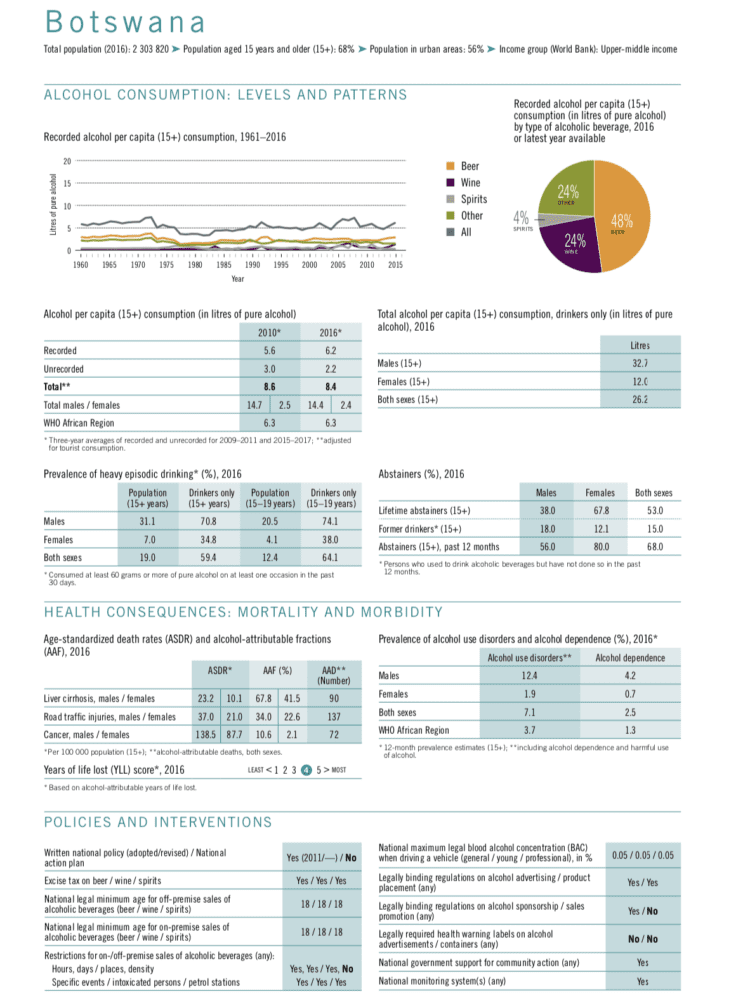Botswana: NCDs Reach Epidemic Level
Vice President Mr Slumber Tsogwane has warned NCDs (Non-Communicable Diseases) are reaching epidemic levels and called for renewed strategies in the fight to prevent and control them. The Vice President made the remarks in a speech at the inaugural meeting of the National AIDS and Health Promotion Council (NAHPC).
Mr Tsogwane further outlined the burden of NCDs fuelling morbidity, mortality and cost to both the health care sector and the national budget.
The need for renewed strategies to accomplish this assignment cannot be over-emphasised if we are to attain the Sustainable Development Goals,” said Mr Tsogwane who is also NAHPC chairperson.
To generate more momentum and generate stronger impetus for action on NCDs and HIV/ AIDS, the government placed both epidemics under the Office of the President. This also facilitates better coordination of the response to both epidemics.
Towards prevention and health promotion
As the government takes both NCDs and HIV/ AIDS responses seriously, Mr Tsongwane stressed the need for constructive engagement to guide the process towards effective health promotion programmes.
There is growing concern in Botswana about high rates of new HIV infections among the youth and adolescents.
Globally, the NCDs burden remains unacceptably high, according to the World Health Organization. In 2016, NCDs were responsible for 41 million of the world’s 57 million deaths (71%). 15 million of these deaths were premature (30 to 70 years). The NCDs burden is greatest within low- and middle- income countries, like Botswana, where 78% of all NCD deaths and 85% of premature deaths occurred.
Efforts must be focused on reducing the prevalence of the NCDs risk factors – some of which are common with HIV/ AIDS, such as alcohol and tobacco. Key behavioural risk factors that cut across infectious and non-communicable diseases are alcohol, tobacco and unhealthy diet.
Although alcohol use prevalence is comparatively low, with high abstention rates in Botswana, those who consume alcohol are heavy users, with a per capita intake of more than 26 liters.
This places Botswana on the higher end of years of life lost due to alcohol.
Heavy episodic alcohol intake is also at a worrying level, with more than 64% of alcohol users bingeing on alcohol. Therefore more can and must be done in terms of implementing the NCDs best buys, including in alcohol policy.
—
For further reading:
https://movendi.ngo/the-issues/the-problem/aiap/alcohol-policy-best-buys/
